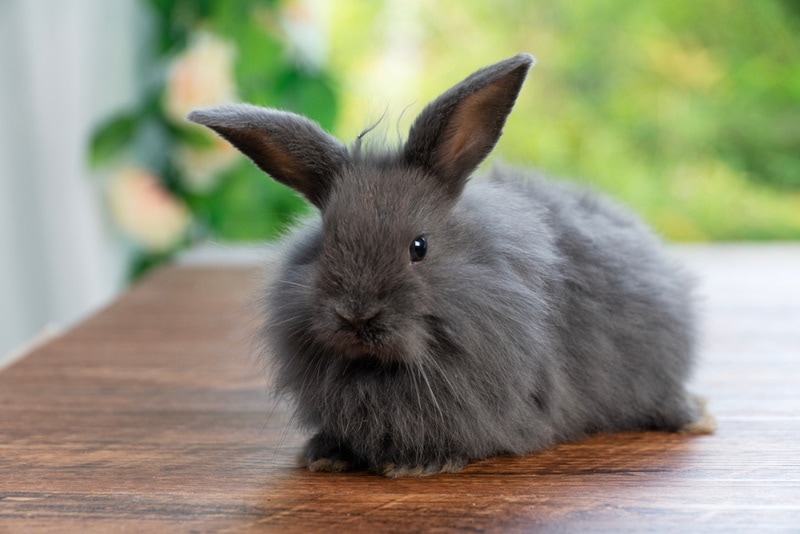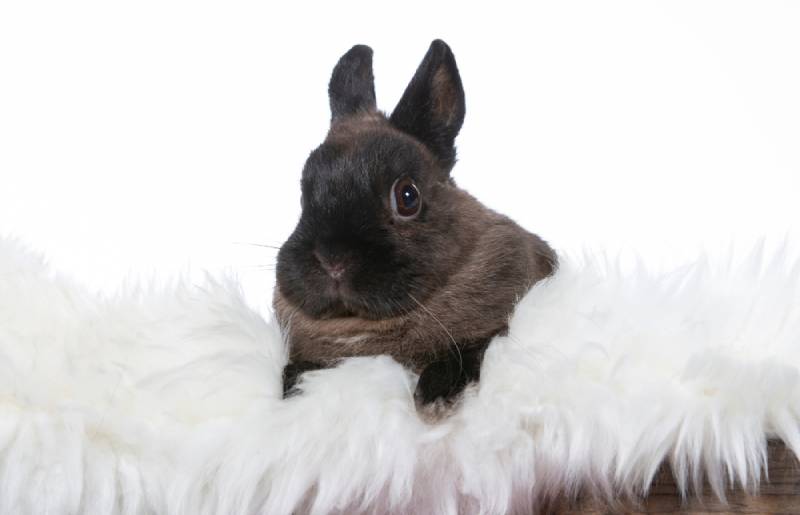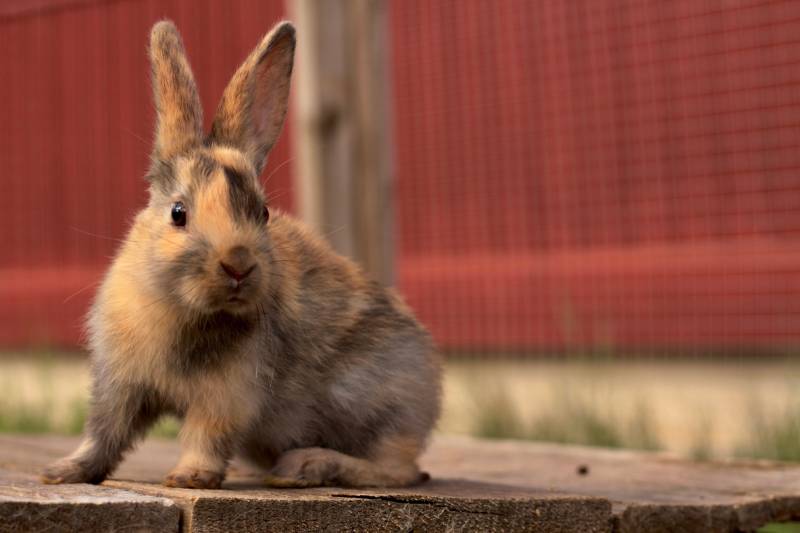How to Get Rid of Fleas on Rabbits: Expert Tips & Tricks
Updated on
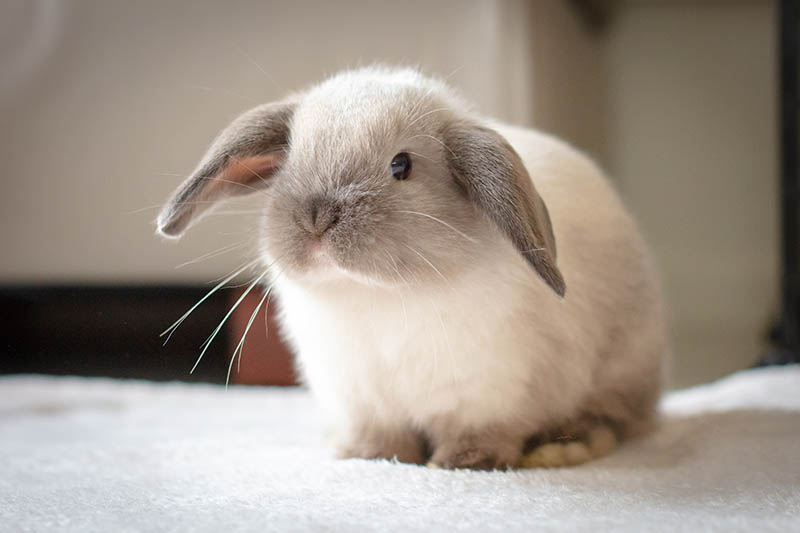
Fleas are one of the peskiest annoyances you’ll have to deal with owning any pet—yes, even rabbits! If your adorable bunny comes down with a case of fleas, stay calm. There are ways you can quickly and effectively get rid of all those tiny little bloodsuckers and keep your rabbit healthy. Join us below as we detail exactly what you’ll need and how to go about the job in four easy steps.
Before You Begin
Fleas can be hard to spot on rabbits because of their thick, short fur, but there are a few telltale signs. First is excessive scratching, which can even drive some bunnies to dig away their fur and make bald spots. This is the most obvious sign, but others include actually seeing fleas on your rabbit or finding tiny black specks in their fur. These specks are just flea poop, but they indicate a flea problem either way.
Before killing those fleas, it’s important you understand what you shouldn’t use to remove fleas. Some marketed flea treatments and home remedies are actually dangerous for bunnies and should never be used. Let’s go over a few you should definitely stay away from when defleaing your rabbit, as these can be toxic and even deadly in some cases.
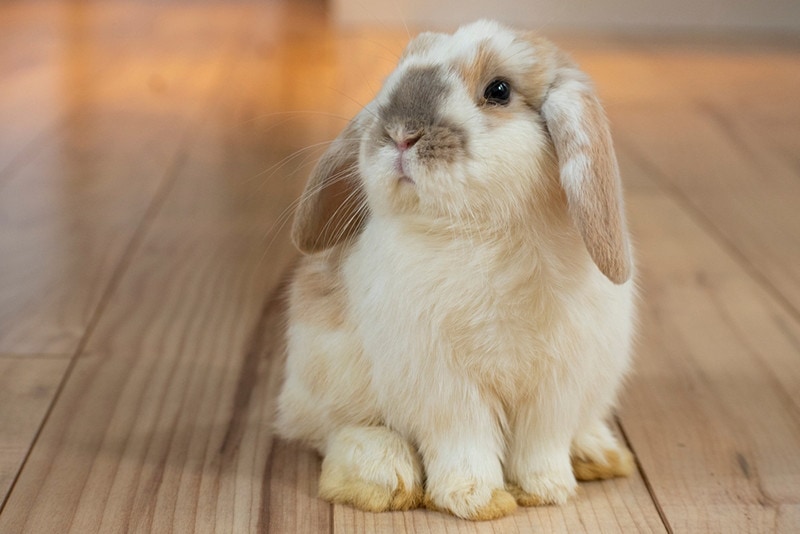
- Fipronil (Frontline is one of the brands)
- Flea collars
- Rubbing alcohol
We also recommend against bathing rabbits with flea shampoos or any soap. Few rabbits may tolerate baths, but many don’t. Now that you know what to avoid, let’s find out what supplies you’ll need to thoroughly remove all fleas from your bunny. Keep in mind that in the US, flea medications used for rabbits are actually designed for cats and dogs, not rabbits, so it should only ever be used if advised by a veterinarian.
- A pair of disposable gloves
- Flea comb
- Flea medication—only as advised by a veterinarian
- High-quality vacuum cleaner with HEPA-rated filter
- Household cleaning supplies
 The 4 Tips to Get Rid of Fleas on Rabbits
The 4 Tips to Get Rid of Fleas on Rabbits
1. Inspect & Brush Your Rabbit
Like cats, rabbits are fastidious critters that typically take good care of their bodily hygiene. In cases of fleas, though, human help is needed. Lift the fur on your bunny and check for bald spots, minuscule red bites, rashes, or other skin irritation. Fleas leave obvious signs that you can pick up on, and their poop, also called flea dirt, is another.
Using a fine-tooth flea comb can help you identify if your rabbit got fleas. Manually removing fleas is, by no means, an effective method of dealing with fleas since it does not stop the flea cycle and the other three life stages will continue to develop and infest your rabbit.
2. Consult a Vet
If your rabbit has fleas, you need to contact your vet and ask for their medical opinion. They’ll be able to prescribe medications that are safe for rabbits. As mentioned above, these medications are safe for rabbits but not actually designed for them, so be sure to ask about any side effects or dosage questions.
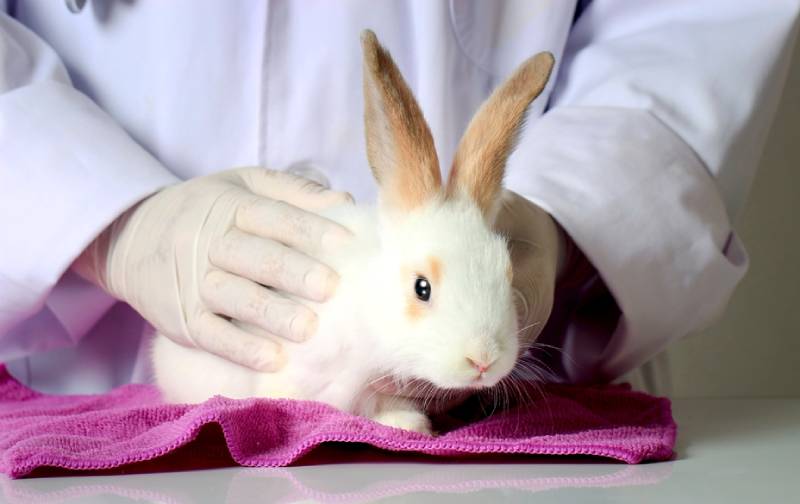
3. Apply Flea Medication & Keep Clean
Most topical flea medications for rabbits, will kill both fleas and larvae within 24 hours if properly dosed. You’ll probably notice fleas falling off your rabbit if there were a lot of them, which you should promptly clean up. It would also be a good idea to give your bunny a once-over with a flea comb to remove dead fleas at this point.
Speaking of cleaning, that’s your next and final step. Clean homes can get flea infestations too, but they’re more likely in dirty environments. Use a good vacuum with a HEPA-rated filter to keep your floors clean, as fleas can even loiter on hardwood or tile. Carpet is particularly critical to keep clean because those fibers are a great flea hideaway until fresh blood comes along.
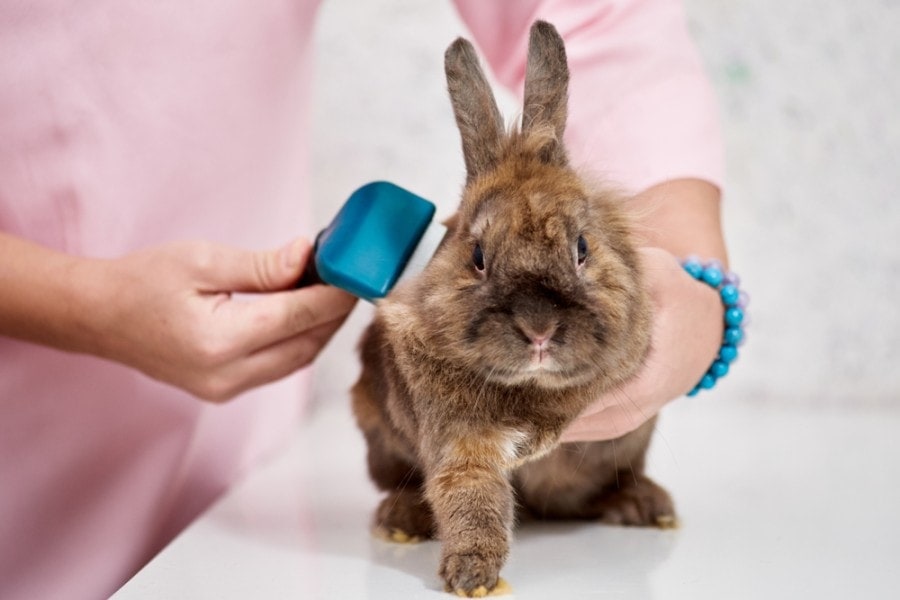
4. Apply Flea Medication to All The Pets in The Family
To tackle a flea infestation, you must treat all the pets in the family. Normally rabbits get fleas from cats and dogs, as well as wildlife. Provide year round flea treatment to the rest of your furry friends to keep fleas out of them and your home.
Conclusion
Fleas can carry dangerous diseases, so it’s key that you take action when you notice or suspect fleas on your rabbit. A few can be taken care of with a good flea comb, but tougher cases may call for stronger stuff like vinegar or topical flea medication.
Featured Image Credit: FiledIMAGE, Shutterstock



